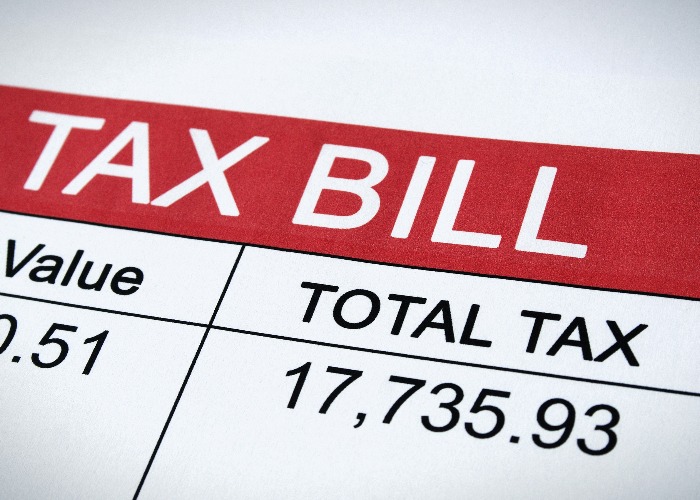Income Tax: loophole means some taxpayers pay 60% rate

Extraordinary rate of effective Income Tax down to way that Personal Tax Allowance is withdrawn.
Income Tax has been a big talking point of late.
At the Autumn Budget, Jeremy Hunt ‒ the Chancellor of the Exchequer ‒ had a fair bit to say about the levy.
The headline announcement was the lowering of the threshold at which people start to pay 45% on their income, from £150,000 to £125,140.
That represents quite the change from just a matter of weeks beforehand when Hunt’s predecessor, Kwasi Kwarteng, announced that the 45% tax band was being abolished entirely.
Alongside this, Hunt confirmed that the other Income Tax threshold, such as when taxpayers start paying tax on their income or become higher rate taxpayers, would be frozen until 2028.
That’s a further two years from the existing plans, and represents something of a stealth tax.
That’s because over time, as wages increase, more and more people will be dragged into higher tax brackets, and therefore have to hand over more money each month to the taxman.
After all, wage growth is significant right now ‒ according to data from the Office for National Statistics, growth in total pay between July and September was 6%, while for regular pay it was 5.7%.
That’s the strongest rate of growth for regular pay seen outside of the pandemic.
Tax returns made simple for just £115: visit Simply Tax to learn more
Falling into the tax trap
However, there is a group of taxpayers who end up paying a staggering effective rate of 60% on their income.
It comes down to the personal tax allowance, which is the amount that you are able to earn before you start Income Tax.
It stands at £12,570, and has been frozen until 2028 alongside other tax bands.
However, once you earn above £100,000 that personal allowance begins to be stripped away.
It reduces by £1 for every £2 of income, and so means that those earning between £100,000 and £125,170 are taxed at an effective rate of 60%.
The cost of earning more
It’s easy to think that very few taxpayers will drop into this tax trap, but there are already around 1.3 million taxpayers earning more than £100,000 a year and so at risk of paying the 60% rate.
What’s more, it’s anticipated that far more taxpayers will end up in this position in the years ahead, with calculations by NFU Mutual suggesting that the numbers earning above £100,000 will pass two million by the time the freeze ends.
That’s a vast number of taxpayers who could potentially pay a tax rate that is frankly unfair.
Addressing the tax gaps
It would be nice to think that the Treasury is on top of the issue and has a plan in place to correct the unfair treatment of these taxpayers.
The trouble is that this isn’t a brand new issue, and nothing has been done to correct it yet.
Similarly, there are other areas where what seems like an obvious issue in need of correction is instead left in place, sometimes for years at a time.
We’ve written before about the taxing of pensions for example, where huge numbers of people are taxed excessively when accessing their pension pot for the first time.
In effect, the taxman treats it as if that initial lump sum will be paid out every month, and taxes you accordingly, and results in astonishing sums having to be refunded.
This has been an issue since the advent of the pension freedoms, and yet still nothing has been done to correct it.
This is especially problematic given it afflicts the poorest paid ‒ those who really could use every penny in help from the Government..
Tax returns made simple for just £115: visit Simply Tax to learn more
Comments
Be the first to comment
Do you want to comment on this article? You need to be signed in for this feature